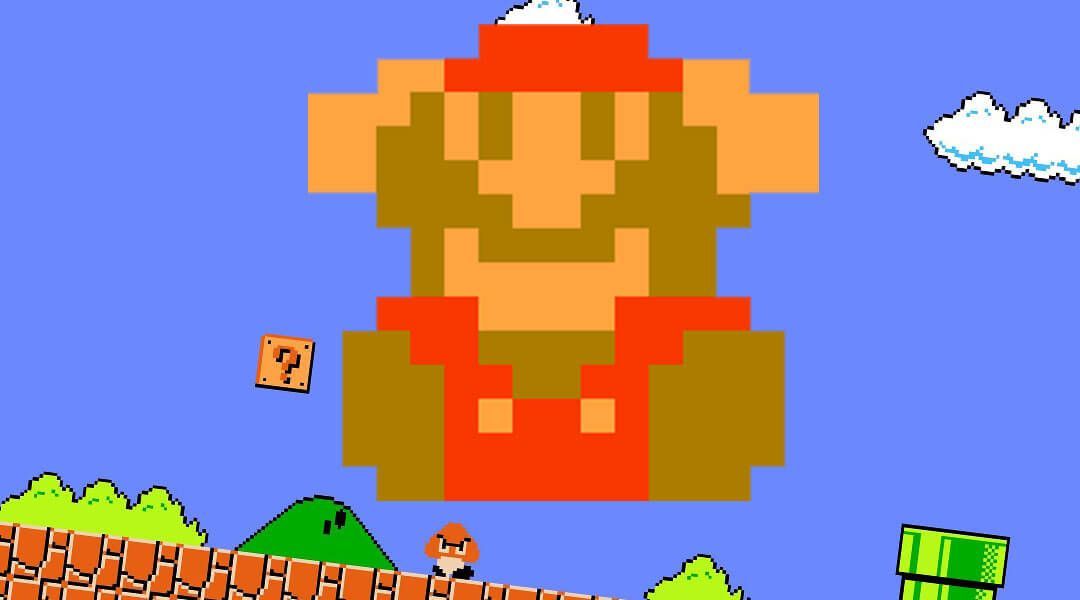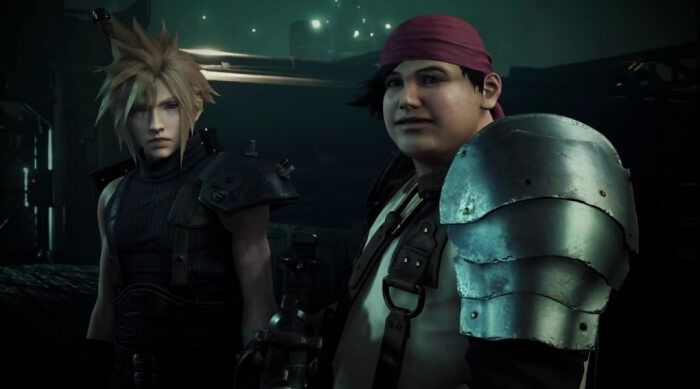
Video Game Protagonists Need to Stop Cheating Death
By Cody Gravelle 26 December 2015
Naughty Dog made headlines recently for hinting at the possible demise of Uncharted hero Nathan Drake, leading one writer to ponder why more developers don’t kill off their protagonists.
Letting go of a favorite thing can be difficult. I distinctly remember the day I walked home after school through blustering winds and sub-zero temperatures. By the time I was in the door, my ten year old body was more snow and snot than flesh and blood. Every article of clothing I had worn that day was the kind of mixture between wet and frozen that only a lovely, early November day in Canada can provide, and my backpack was no exception. Unfortunately for me, I had gotten into the habit of bringing my original Pokemon trading card collection with me to school every day, despite not having traded for a single card in well over a year at that point. It was a security blanket – well, was a security blanket. The onset of an early Canadian winter had seen to that.
Through the tears shed over that beautiful, ruined Charizard card, I learned an important lesson that day. Things that aren’t necessarily alive are no less difficult to say goodbye to than things that are. Sometimes, they’re harder. I didn’t shed a single tear when one of my best friends moved away a few years after the Pokécatastrophe, but I was inconsolable for days after Aeris died on my first playthrough of Final Fantasy 7. That’s the thing, though. Without Aeris’ tragic end, I don’t think I’d have the same kind of strong emotional attachment to the game that has, even more than a decade later, caused me to lose sleep over whether or not Final Fantasy 7 Remake‘s episodic content will be a good or bad thing.
Character deaths are a tricky thing for game developers. I imagine after a team has worked years on bringing a specific blue hedgehog or smarmy action hero to life, they are reluctant to have it come to an end in the near future. Video game series are often sold on the strength of their protagonists’ continued involvement and exploits before the casual fan even so much as glances at reviews and news regarding the title. If Nintendo decided the next Luigi’s Mansion was going to be a more realistic horror game that ended with Luigi’s botched attempt at saving Mario from a giant Boo and the death of the erstwhile adventurer/sometimes plumber, gamers would believe every Nintendo employee had collectively lost their minds, and rightfully so – permanent death just doesn’t make sense for a Nintendo franchise.

For some of the more gritty, realistic video game series, though, a character death makes more sense. If Nathan Drake does die in Uncharted 4: A Thief’s End, and the title very much suggests that he will, would it be such a ridiculous choice? Nathan Drake as a character is a man who constantly puts himself in danger, whether it be to solve an ancient mystery, save someone he cares deeply about, or merely to chase the kind of thrill he can’t find anywhere else. While it’s all very suave and exciting, it’s not exactly the safest profession, and Drake has cheated death so many times it’s beginning to border on absurdity. How many times can a man escape an explosion one second before it would catch him in the blast?
In many ways, the looming specter of Nathan Drake’s potential demise is a reflection of the way modern video games and modern media in general are sectioned into the realistic or unrealistic schools of thought and anything in between is met with more resistance than ten or twenty years past. Nobody is going to suggest that the next Disney Infinity or Skylanders series entry should feature the death of a character because its quite clear those universes operate on different fundamental rules than, say, Uncharted or another Naughty Dog smash hit in The Last of Us.
In those games, gamers are asked to imagine a world very similar to our own with some very dramatic but ultimately (and very loosely) plausible changes. I played The Last of Us terrified that something might happen to Joel or Ellie the same way death came for nearly everyone around them, and that was good. I strongly believed it was possible that one of the characters I was asked to care about could meet an untimely or unlucky end, and it made me appreciate my time with them that much more.

Looking back on the last few years of big video game releases, however, there are precious few instances of anything actually happening to series protagonists outside the usual scrapes and bruises. The death of Desmond in Assassin’s Creed 3 aside, its been tough to locate many instances of major characters dying that had the same kind of shock and emotional resonance that Aeris’ passing had so many years ago. The result has been an environment where very few adventurer-types in video games feel like they’re really being threatened. Do I believe that Nathan Drake could die in Uncharted 4: A Thief’s End? Everything about the marketing of that game has told me to, but I’m not so sure. I get the sneaking suspicion that there’s going to be a final scene where the supposed-to-be-dead Drake is at a European café somewhere with Elena before he wryly winks at the camera as the credits begin to roll.
After all, it can be tough to close the door completely on a series that has earned so much revenue and so much positive attention. Yet some of the most successful games in recent years have been the ones who were willing to sacrifice a major character or protagonist in order to tell a compelling story.
Telltale Games’ The Walking Dead season one is something that I still reflect on with both sadness and nostalgia to this day. Red Dead Redemption was unique in that, despite clearly creating an impossible scenario for hero John Marston, the game somehow made fans believe the cowboy had a chance before the narrative crushed that hope in a big way. Assassin’s Creed: Brotherhood also featured the death of a major character in Lucy Stillman, an unexpected yet memorable outcome that helped keep gamers interested in a series whose fundamental model of gameplay was beginning to become stale. It doesn’t always have to be one of the good guys, either – Batman: Arkham City features the death of the most iconic Batman villain of all-time, much to the disbelief of anyone familiar with Batman popular media at the time.

The point is, a meaningful character death in a video game series goes a long way. All of the games listed above were commercial hits, and each one has either successfully continued without the deceased character or, in the case of Red Dead Redemption, has fans clamoring for news of a potential sequel. Despite fan reaction being split on the decisions the developers made and some hearts being seriously broken, these games soldiered on and produced even more high quality content afterward – even Assassin’s Creed, despite some stumbles along the way, released Assassin’s Creed: Syndicate last year, a game that marked a noticeable improvement in gameplay and narrative configuration.
Not all major video game characters need to die or stop cheating death. After all, all games are ultimately a form of fantasy in one way or another, and not everything in a hyper-realistic game has to conform with reality. However, I’m tired of feeling so complacent while scaling the walls of ruins or getting into massive gunfights on an abandoned, post-apocalyptic highway. Maybe my favorite character gets through it all and completes their journey, or maybe they end up falling short while someone else fights onward for them once they are gone, but I want to feel like there are many possibilities for how my adventures as Nathan Drake and others will end.
Letting go is very hard, but it is an inevitability of life. After I was forced to part ways with my Pokemon card collection, I really discovered the world of video games for the first time. A moist Charizard card lead me towards one of the most meaningful discoveries of my admittedly short time on this planet. Now I think it’s time video games started doing the same thing for me and many others.
